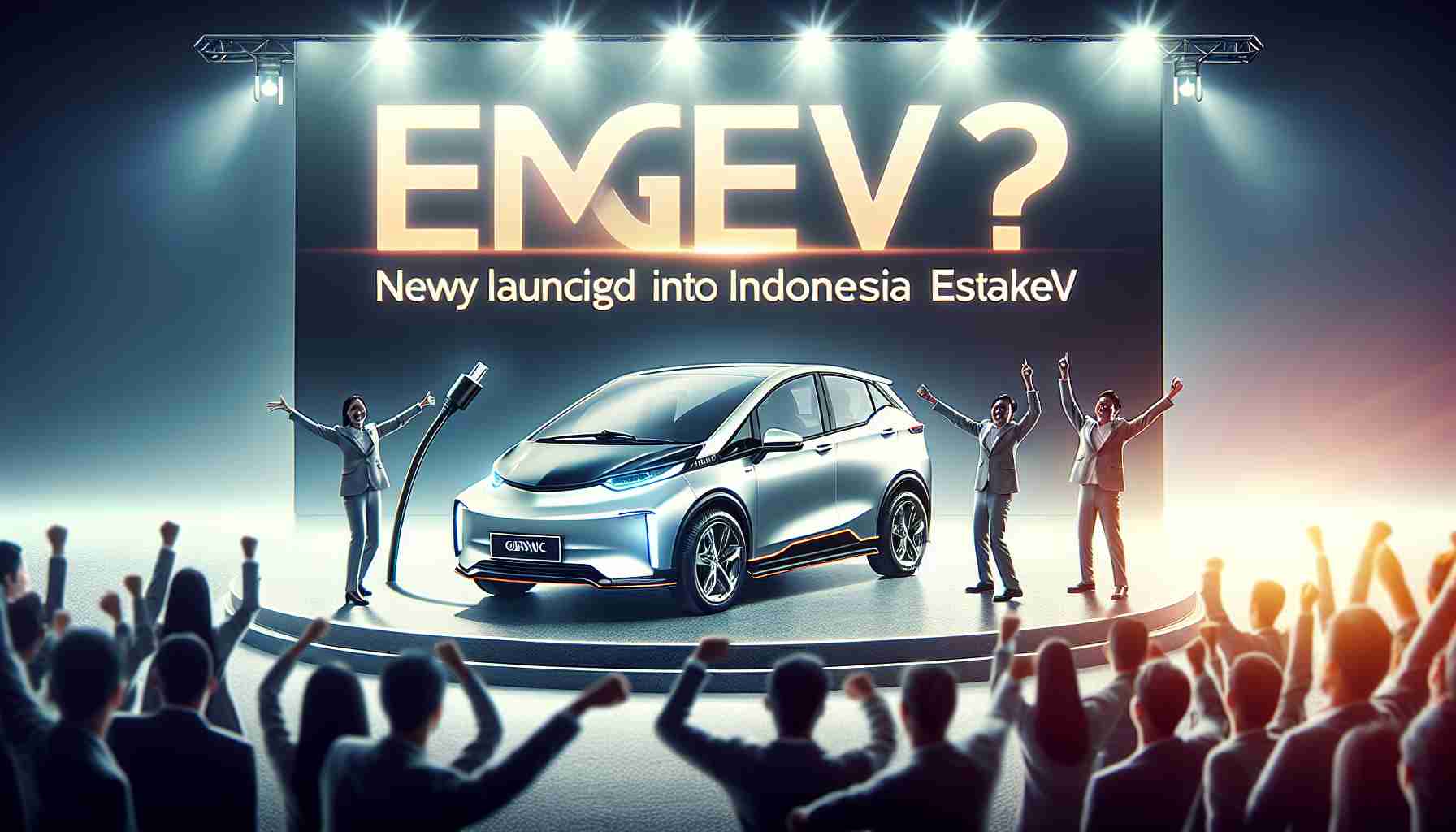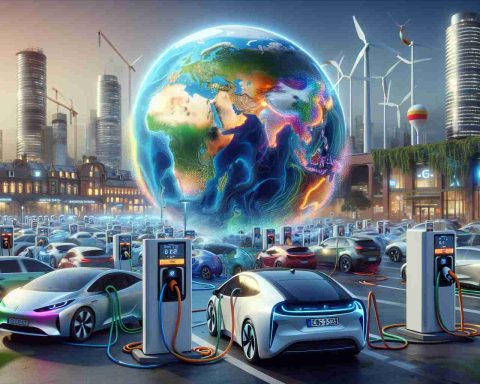VinFast Auto has broken ground on a pioneering venture in Subang, West Java, Indonesia, to establish an electric vehicle assembly plant. The multi-million-dollar investment signifies VinFast’s dedication to embracing Indonesia’s growing EV industry and providing a multitude of job opportunities in the local community.
The state-of-the-art assembly plant, with a starting investment exceeding 200 million USD, is strategically located in Subang to tap into the region’s industrial potential. Equipped with cutting-edge facilities, including Body Shop, General Assembly Shop, Paint Shop, and testing areas, the plant is aimed at producing 50,000 electric vehicles annually, specifically tailor-made for the Indonesian market.
Set to kick off operations by the end of 2025, the plant will roll out a range of right-hand drive e-SUV models, adding a unique touch to Indonesia’s evolving transportation landscape. This initiative is expected to not only bolster the industrial sector but also uplift the local workforce and contribute significantly to the region’s economic and social upliftment.
Under the leadership of VinFast, this groundbreaking project seeks to redefine the automotive industry in Indonesia by sparking innovation, driving economic growth, and promoting sustainable transportation solutions. It represents a significant milestone in VinFast’s journey toward establishing a prominent position in Southeast Asia’s dynamic electric vehicle market.
VinFast’s Bold Entry and Unveiling of Future Plans in Indonesia’s EV Market
VinFast Auto’s endeavor in Subang, West Java, to build an electric vehicle assembly plant is just the beginning of their strategic move into Indonesia’s booming EV sector. While the initial investment exceeds 200 million USD, signaling a strong commitment to the local market, there are additional noteworthy details that illustrate the depth of VinFast’s ambitions in Indonesia.
Key Questions and Emerging Answers:
1. What will be the impact on Indonesia’s EV landscape?
VinFast’s entry is set to revolutionize the EV market in Indonesia by introducing advanced right-hand drive e-SUV models tailored to local preferences. The move is expected to accelerate the adoption of electric vehicles and foster sustainable transportation practices.
2. What are the challenges and controversies surrounding VinFast’s expansion?
Despite the promising prospects, challenges such as establishing a robust supply chain, ensuring regulatory compliance, and managing competition in the crowded EV market pose significant hurdles. Additionally, some may question the environmental impact and sustainability of EV production processes.
Advantages and Disadvantages:
Advantages:
– Job Creation: VinFast’s investment will create a substantial number of job opportunities, benefiting the local workforce and stimulating economic growth.
– Technological Advancement: The state-of-the-art assembly plant equipped with cutting-edge facilities will promote technological innovation in Indonesia’s automotive industry.
Disadvantages:
– Competition: VinFast will face fierce competition from established players in the Indonesian EV market, necessitating strategic differentiation and market positioning.
– Environmental Concerns: The environmental footprint of large-scale EV production and battery disposal remains a pressing issue that requires sustainable solutions.
VinFast’s foray into Indonesia symbolizes a transformative leap into the future of mobility, underlining the company’s commitment to sustainable practices and innovation. As this pioneering project takes shape, it raises crucial questions about the long-term implications on the automotive landscape, the environment, and societal progress in Indonesia.
For further updates and information on VinFast’s global initiatives, visit VinFast Auto to explore their innovative offerings and expansion strategies in the electric vehicle market.








